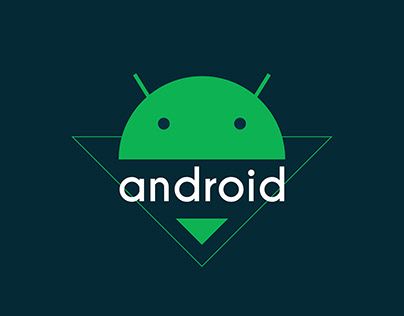Android development is an exciting and ever-evolving field, requiring the right set of tools to build, test, and deploy high-quality applications. Whether you are a beginner or an experienced developer, having a well-equipped toolkit is essential. In this blog, we will explore the necessary tools that every Android developer should have.
1. Android Studio
Android Studio is the official Integrated Development Environment (IDE) for Android development. It provides a comprehensive suite of tools, including:
- A powerful code editor with intelligent code completion
- A built-in emulator for testing apps on different devices
- Performance profiling tools
- Gradle-based build system
- Support for Kotlin and Java
2. Android SDK (Software Development Kit)
The Android SDK includes essential libraries, APIs, and tools needed to develop Android applications. It consists of:
- Debugging tools
- Android Emulator
- Platform-specific libraries
- Sample code and documentation
3. Kotlin and Java
Android development primarily uses Kotlin and Java. Kotlin is now the preferred language due to its concise syntax and enhanced safety features. Java, being the older language, is still widely used and supported.
4. Gradle
Gradle is the build automation tool used in Android development. It helps in managing dependencies, compiling code, and packaging APKs efficiently.
5. Android Emulator
The Android Emulator allows developers to test applications on various virtual devices, eliminating the need for multiple physical devices. It provides:
- Different Android versions
- Various screen sizes and resolutions
- Debugging support
6. Version Control System (Git & GitHub/GitLab/Bitbucket)
A version control system like Git helps track changes and collaborate with other developers. Platforms like GitHub, GitLab, and Bitbucket provide cloud storage for repositories and support CI/CD integration.
7. Firebase
Firebase is a comprehensive backend-as-a-service (BaaS) that offers:
- Cloud Firestore (NoSQL database)
- Authentication
- Cloud Messaging (Push Notifications)
- Crashlytics (Bug reporting)
- Hosting and analytics tools
8. Postman
Postman is a popular API development tool that helps in testing APIs used in Android applications. It simplifies debugging and ensures seamless communication between the app and backend services.
9. Android Debug Bridge (ADB)
ADB is a command-line tool that allows developers to communicate with connected Android devices for debugging, installing applications, and managing system logs.
10. LeakCanary
LeakCanary is a powerful tool for detecting memory leaks in Android applications, improving performance, and preventing crashes.
11. ProGuard & R8
ProGuard and R8 are tools used for code shrinking, obfuscation, and optimization, ensuring the security and efficiency of Android applications.
12. Testing Tools (Espresso & JUnit)
Testing is crucial for Android app development. Espresso is used for UI testing, while JUnit is for unit testing. These tools help ensure that applications function correctly before deployment.
Conclusion
Equipping yourself with the right tools can significantly enhance your Android development experience. From coding and debugging to testing and deploying, these essential tools help streamline the development process and improve app performance. By mastering these tools, you can build efficient, user-friendly, and high-quality Android applications.

